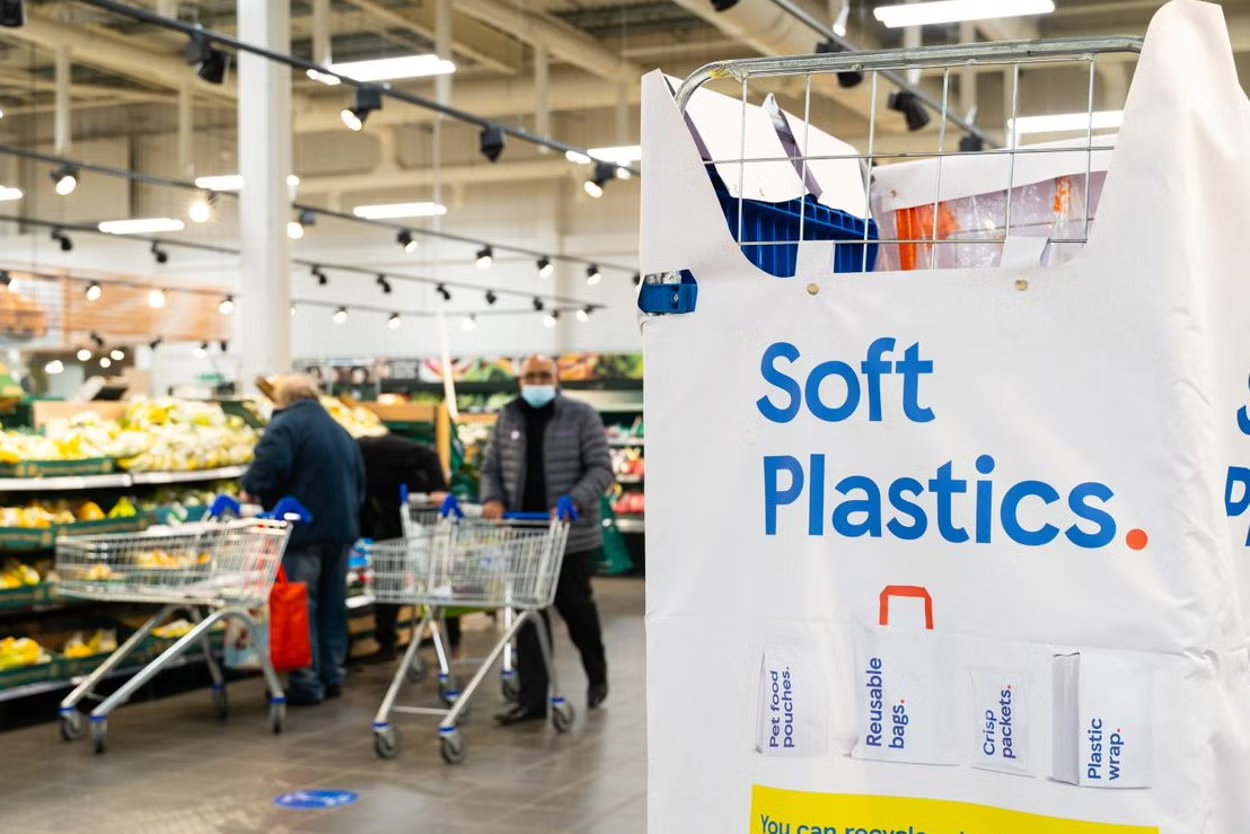
‘Recycle at Store’ is the OPRL label placed on packaging that signals to the consumer that that material cannot be recycled using typical household collection methods, and instead needs to be taken to a designated recycling drop-off location. Other variations of this label include ‘Recycle at Recycling Point’ or ‘Recycle at Large Supermarket’.
The clearer the instruction is for the consumer, the easier it is for them to follow through on the action and prevent a piece of packaging being sent to landfill. A label is designed by us using the OPRL member’s tool. OPRL then approve the label, meaning that you can feel more confident that the materials you are using will not end up somewhere they shouldn’t.

OPRL offers support to their members to help them label packaging effectively in order for more materials to be recycled correctly by consumers. They offer various specialist labels that can be component specific, meaning that if your packaging is made up of numerous parts that are all made of a different material, each part can have its own label and instructions. By making it as clear and easy as possible for the consumer to understand, it encourages correct recycling behaviours. OPRL is the most well-known organisation to offer this service, and their labels are recognised and acted on by 3 out of 4 consumers (Widely recognised labels, OPRL website).
Their certification process will assess the packaging to ensure that it can in fact be recycled, and that it meets the capacity of the recycling collections and infrastructure here in the UK. OPRL determine this if over 50% of local councils collect this type of recyclable waste. It is also important to consider the behaviour of your consumers and understand what they will or will not respond to. According to the 2023 ‘What Consumers Want’ study conducted by OPRL, 95% of consumers believe that there should be recycling labels on the packaging they use. But having accurate and clear labels will ensure that the action is completed by consumers consistently.
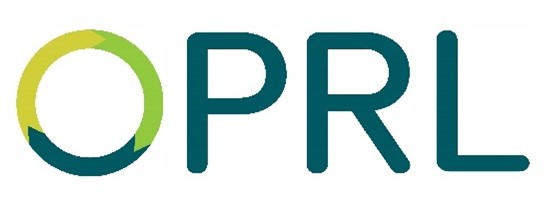
OPRL offer ‘Specialist Labels’ for materials that require methods of recycling other than your typical ‘Recycle’ or ‘Do Not Recycle’. This could be because many regular household recycling collections do not have the infrastructure to recycle these materials themselves.
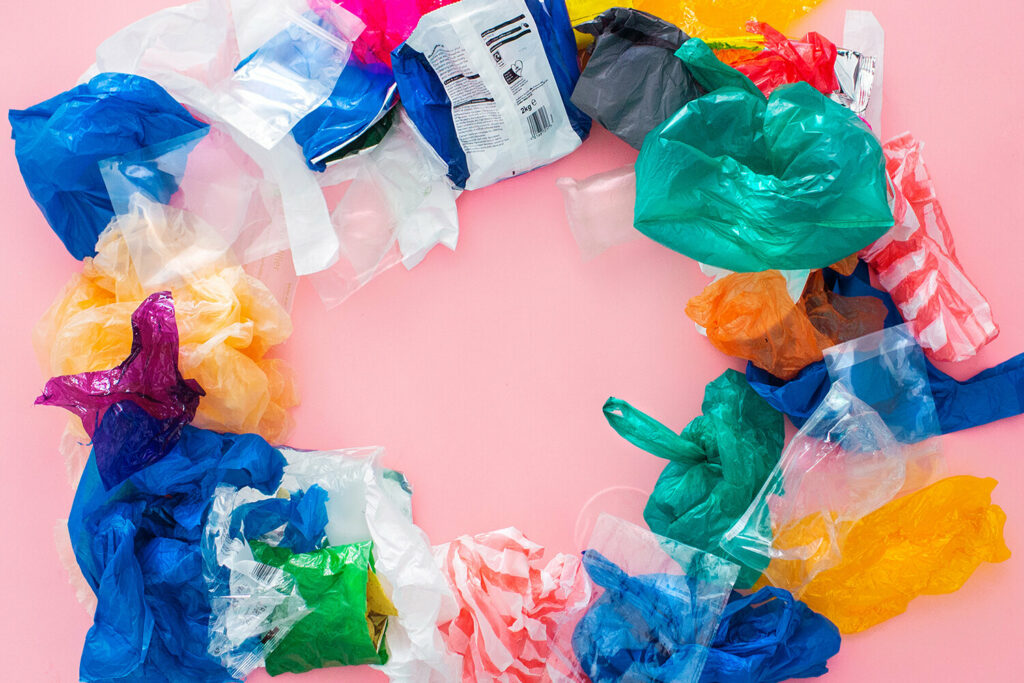
Plastic bags and wrapping such as bread bags, chocolate wrappers, and crisp packets make up nearly a quarter of all consumer packaging here in the UK, yet only 6% actually gets recycled (Wrap). This particular packaging will have a ‘Recycle with Bags at Large Supermarkets’ label on it as many large stores now offer collection points for these materials. These materials are extremely difficult for our environment to break down, so it is crucial for us to ensure they can, and do, get recycled.
To check where your nearest collection point is, you can use the Recycle now Recycling Locator and input your postcode and the material you need to recycle. Alternatively, Terracycle offer recycling points across the country that can recycle various items including your popcorn, nuts, crisps, and pretzel packets.

While many beverage cartons can be recycled using household collections, some councils require them to be collected at a recycling centre. This may be because of the composition of the packaging, due to it not always being made of only one material. The OPRL labels on beverage cartons not only state to ‘Recycling at Recycling Point’, but often also have a call to action on as well, such as ‘Insert Straw’. Again, the simpler and clearer the label and instructions are, the more likely consumers are going to be to follow them. It is also important to note that bottle caps should stay on when recycling plastic bottles, as anything smaller than roughly 40mm will likely interfere with the recycling machinery and cause further problems, or be lost in the sorting process (Recyclability by Design study, Recoup, 2022). This is why caps and lids have started to come attached to their plastic bottles, as they are one of the most littered items in the UK. On their annual beach clean in 2023, the Marine Conservation Society found caps and lids on 89% of the beach stretches (BBC, 2023). This is also why it is best to insert the straw back into the container rather than trying to recycle it separately.
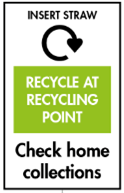
Approximately only 1% of the 2.5 billion disposable coffee cups used in the UK are recycled on an annual basis (Nationwide Waste Services). Compared to the 45% of household waste that is recycled, this number is alarmingly low. OPRL do offer labels for disposable coffee cup recycling, but this is only for single use paper cups that are coated on one side. These labels will clearly state to ‘Recycle at Coffee Shop or Recycling Point’ due to this. The best thing to do to combat such shocking recycling rates is to use a reusable or returnable coffee cup instead of a disposable one. There are many coffee shops that offer discounts if a customer brings their own reusable coffee cup so as well as helping the planet, you are helping your wallet too. Disposable coffee cups do not lend themselves to benefit from a Deposit Return Scheme (DRS) due to the nature of the coffee cup waste, and the fact that most are used on-the-go (House of Commons Environmental Audit Committee). They can contaminate other materials in the recycling bins due to the food waste. This is why reusable and returnable are the best options.
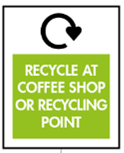
While recycling is a valuable step in the Waste Hierarchy, it is important to note that it is one of the final actions. The hierarchy prioritises reducing and reusing above the process of recycling because the focus should be on only consuming what we need and reusing what we already have.
Even though products and services are more accessible now than ever before, consumer behaviours and habits have started to shift to become more conscious and aware of where their stuff is coming from. Consumers are choosing to support brands and organisations that better align with their personal beliefs and priorities. A 2020 IBM study found that 8 out of 10 consumers surveyed indicated sustainability was of high importance to them. One great way sustainability is put at the forefront of decisions around resource use and consumer habits is by encouraging a circular economy. Recycling is a crucial part of a circular economy as it is the last barricade before a material will be sent to landfill or incinerated.
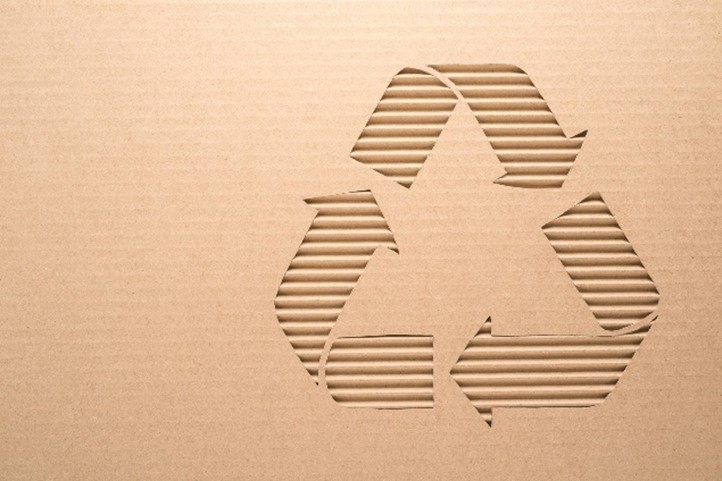
Large supermarkets and stores that offer collections of ‘Recycle at Store’ labelled products (such as Tesco, Sainsbury’s, Lidl etc…) are not able to supply accurate data for how much of the collected packaging is actually being recycled. Some supermarkets report the data for how much they are collecting, but they do not convert this into how much is being recycled to be used again. For example, Tesco claim on their website that they ‘recycle as much as we can into new products’, without providing statistics and evidence to support how much this really is. This draws into question the legitimacy of such schemes, and if we can trust that as a consumer, we choose to recycle hard-to-recycle materials that they do actually get used again (Wicked Leeks). This emphasises the importance of reducing our consumption rates as much as possible, and purchase products that use simple, easy-to-recycle packaging.
We understand that making more sustainable and environmentally friendly choices is becoming more and more significant to consumers, and therefore also businesses. We have an OPRL membership which means we are able to accurately label our products and encourage end consumers to dispose of the waste in the correct way. For example, our poly mailing bags display a ‘Recycle at Large Supermarket’ OPRL label to clearly show they should not be recycled in typical household collections. We also offer our customers our Sustainable Switch Over (SSO) initiative that takes into account more energy efficient and sustainable ways of operating your business and packaging requirements. Being able to optimise your business operations reduces the amount of excess packaging wasted by inefficient processes. We also offer many recycled and recyclable options so you can be confident your packaging decisions are supporting a circular economy.